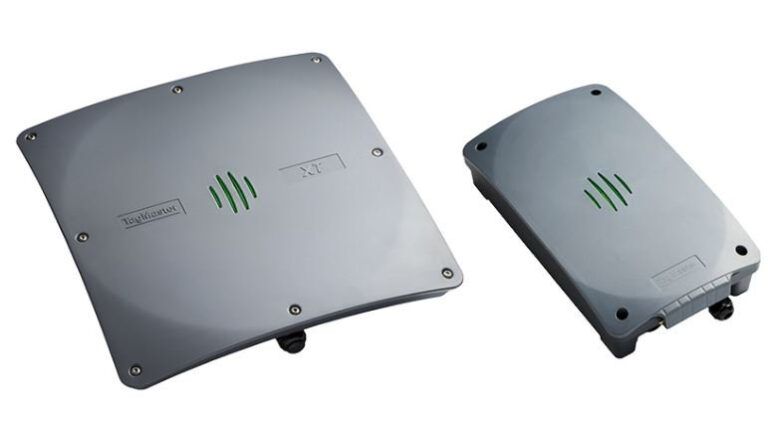Swedish provider of sensor-based systems for the traffic, tolling, parking and rail industries, TagMaster, has received an order for the delivery of 340 radio-frequency identification (RFID) systems for road toll projects in India.
The Indian government has been prioritising infrastructure investments for several years and road tolls are an important part of financing the expansion of the country’s highway network. With vehicle ownership increasing rapidly, extra road network capacity is essential to cope with the country’s current traffic congestion problems. For the last eight years, TagMaster has been one of the main suppliers for Indian toll stations or plazas. Worth approximately US$321,100 (SKr3m), the company’s latest order concerns the delivery of a total of 340 RFID systems to cover a large number of multi-lane toll stations, which are an important part of the process of making India’s transport system more efficient. Delivery of the equipment will take place before the end of the year.
“The order shows that our products and technology are at the forefront and more orders in India are to be expected in 2020,” commented TagMaster’s CEO, Jonas Svensson. “It also gives us the conditions to continue investing in tolling and security, which is a priority application area for us.”
 Headquartered in Stockholm, TagMaster also owns and supplies traffic and smart city systems under the CitySync, Balogh, CA Traffic, Magsys, Hikob and Sensys Networks brands. The company has just been granted a new patent in the USA for a software solution that combines information from a number of antennas in electronic toll systems, increasing their overall efficiency. The patent, which has the number 10.438.482 and has been issued by the US Patent and Trademark Office, describes a method for using received signals from a plurality of separate antennas in a multilane installation. By combining data, the specific lane of a particular vehicle be determined, which is fundamental to the operation of electronic toll systems. The now-patented innovation provides a very cost effective and accurate solution to problems in the difficult environment of multi-path reflections when using UHF RFID for tolling.
Headquartered in Stockholm, TagMaster also owns and supplies traffic and smart city systems under the CitySync, Balogh, CA Traffic, Magsys, Hikob and Sensys Networks brands. The company has just been granted a new patent in the USA for a software solution that combines information from a number of antennas in electronic toll systems, increasing their overall efficiency. The patent, which has the number 10.438.482 and has been issued by the US Patent and Trademark Office, describes a method for using received signals from a plurality of separate antennas in a multilane installation. By combining data, the specific lane of a particular vehicle be determined, which is fundamental to the operation of electronic toll systems. The now-patented innovation provides a very cost effective and accurate solution to problems in the difficult environment of multi-path reflections when using UHF RFID for tolling.
Svensson, noted, “The granting of our patent application further recognizes the high quality of our innovation work. In addition, it gives us strength in the relationships with key market players for tolls, as the solution has been developed in response to actual market needs and within a priority area for us.”





